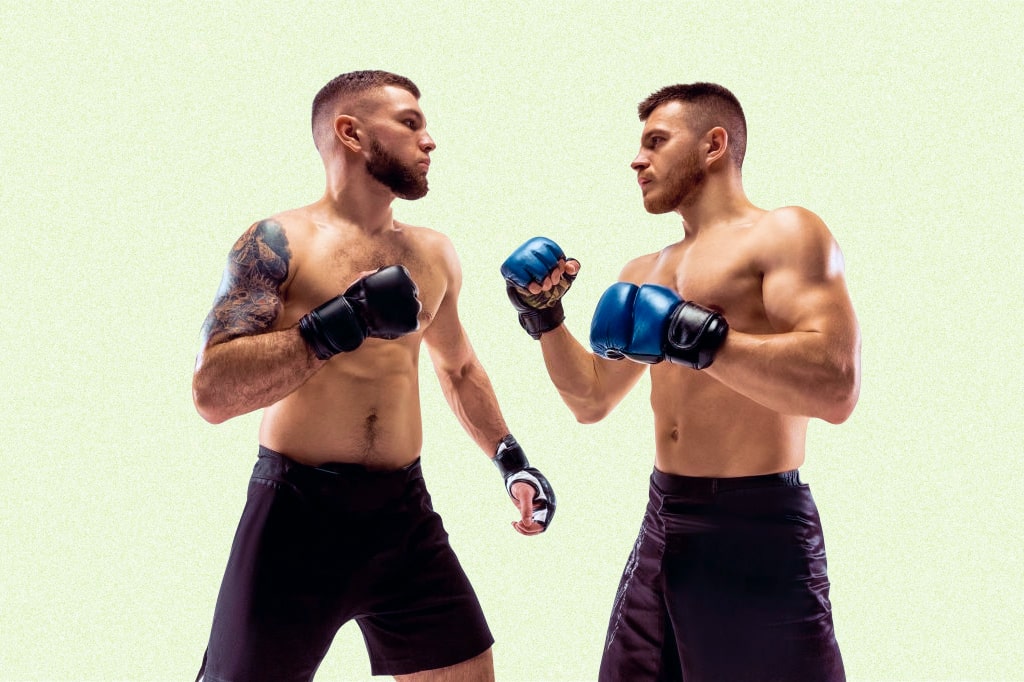Influencer marketing primarily involves the use of brand influencers and brand ambassadors. However, as different as these two terms may sound, a lot of people still do not know their difference, and as a result, inadvertently mixing up their roles.
According to a BigCommerce report released in 2019, 17% of companies spend over half their marketing budget on influencer marketing. The Digital Marketing Institute also reported that an estimated 49% of consumers depend on influencer recommendations. We are here to break down the differences between a brand ambassador and a Brand Influencer in plain English language — even if you are new to this realm of brand marketing.
With all that being said, it’s time to delve right into it.

Brand Influencer vs Brand Ambassador
Who is a Brand Ambassador?
A brand ambassador is a character (usually a public human figure) who is contracted to represent a brand in a positive light, with the aim of increasing brand awareness through their social influence.
Pets like dogs, bunnies, and cats too can be hired as brand ambassadors, but this article is not going to cover much of that.
Read Also: How A Brand Ambassador Can Help Grow Your Company
Who is a Brand Influencer?
Similar to a brand ambassador, a brand influencer is also an individual character who leverages his/her social media influence to engage and connect audiences (usually their own fans) with brands. This is probably where the similarity ends.
Brand influencers often partner with brands to create “sponsored content.”
Without wasting your time, let’s underline some notable differences;
1. Exclusivity
This is a very distinct difference between a brand ambassador and a brand influencer.
Exclusivity is the practice of excluding or not admitting other things.
Subscribe for updates
Ideally, a brand ambassador only works with a brand at a time. However, if they choose to work for another brand, it must be a brand from another niche.
In other words, a brand ambassador can’t promote or can’t be seen promoting a direct competitor, i.e. as long as a brand ambassador works with your brand, he should only be allowed to represent your brand publicly and genuinely, while avoiding anything to do with your competitors.
You can’t be a Nike brand ambassador and be seen in Adidas Yeezy slides. The same cannot be said for an influencer, as earlier stated, influencers are there to raise awareness about your brand while speaking positively about it.
You don’t own the exclusive right to an influencer’s genuine preference, as they can also promote your direct competitor’s brand immediately after promoting yours, or as they wish.
Brand influencers can work with as many brands as possible, even if it’s a direct competitor from the same niche.
2. Contract Time
This is yet another factor that can be used in differentiating between a brand ambassador and a brand influencer. The contract time (or contract period) is a time frame in which an influencer or brand ambassador works with a brand.
Brand Ambassadors often work for longer periods with brands, compared to brand influencers who are only enabled for the short term.
The time frame for a brand ambassador to work with a brand runs deep in years, depending on the contractual agreement between the brand and the ambassador.
On the other hand, a brand influencer is just in for the short-term activity, which can vary anywhere between a few minutes to a couple of hours.
A brand can always contract an influencer as their marketing strategy may require, but either party is disposable immediately after the contract ends.
3. Personal Investment
Personal investment in this context is all about how much these influencers (and BA’s) are putting in a brand; how they involve themselves in the growth process of the brand.
How closely are these entities following up on the effect of their activities on your brand?
Like you would have probably guessed, brand ambassadors tend to be more cautious with their public activities and show more respect and interest towards the brand that they represent.
Influencers are majorly in for the money (no disrespect intended) and don’t really care about how the other campaigns on their domain are affecting your brand.
Note: All Brand Ambassadors are Brand Influencers, but not all Brand Influencers are ambassadors.







